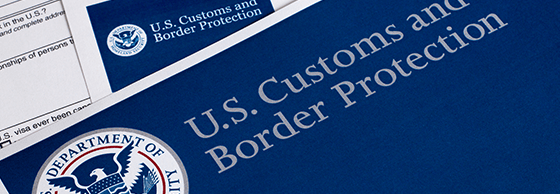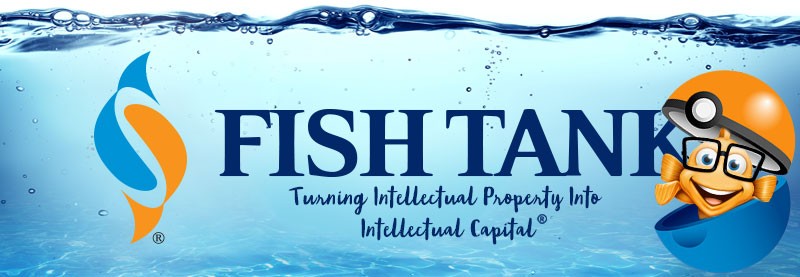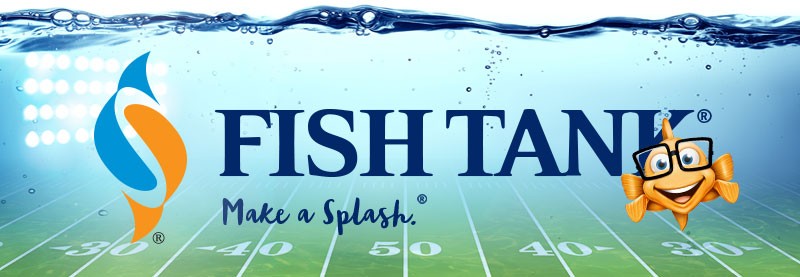Intellectual Property Insights from Fishman Stewart
Mini Article – Volume 23, Issue 17
Share on Social

Customs Recordation – A Cost-Effective Way to Combat Piracy
By Kristyn Webb
September 19th is International Talk Like a Pirate Day. In terms of intellectual property, “pirating” refers to the unauthorized copying, distribution, or use of someone else’s creative work without their permission, and often for personal or financial gain. This can include various forms of creative content, such as software, music, movies, books, artwork, and more. Piracy essentially involves reproducing and distributing intellectual property without compensating the original creators or obtaining the necessary licenses or permissions.
In July 2023 alone, US Customs and Border Protection seized $165 million worth of counterfeit and pirated goods. Beyond the legal and economic harms, counterfeit and pirated goods can negative health and safety implications because they are often made of low-quality materials and manufactured without required consumer protection specifications. Fake phone chargers can explode, fake medicine can cause severe and fatal health issues, and fake airplane parts can well… you get the idea.
One way that brand owners can protect themselves, and consumers, is by registering their trademarks and copyrights with US Customs and Border Protection and educating customs officers about details to look for when searching for potentially infringing goods. Many jurisdictions offer similar recordation services, such as China, Singapore, Thailand, Vietnam, India, the EU, Canada, Mexico, and many others. Additionally, a number of countries, such as China, Singapore, and Thailand, will inspect both imported and exported goods, preventing counterfeit goods from entering or leaving the country.
Recordation fees are relatively low, and recordation offers a cost-effective way to protect both brand owners and consumers from potentially harmful counterfeit and pirated goods. If you are interested in learning more about the specifics of recordation in the US, or in other jurisdictions, we *arrr* happy to help!
Kristyn Webb is the Group Leader of Fishman Stewart’s Copyright Practice Group, and is currently earning a Master’s Degree in Copyright Law at King’s College London.

Published September 8, 2023


Related Content from Fishman Stewart
In a recent decision, the U.S. Court of Appeal for the Eighth Circuit affirmed a jury verdict holding that the use of the "Success Kid" meme by a congressman's reelection campaign for fundraising purposes did not qualify as fair use.
In February 2024, proposed legislation was introduced in US House of Representatives which would extend copyright protection to golf courses. The bill is titled “Bolstering Intellectual Rights against Digital Infringement Enhancement Act” or the “BIRDIE Act”.
June is Pride Month, which honors the 1969 Stonewall Uprising in Manhattan and recognizes the impact that lesbian, gay, bisexual, and transgender (LGBTQ+) individuals have had on history locally, nationally, and internationally. The United States Patent and Trademark Office flies the Pride Flag and promotes the Pride community’s contributions with programming offered annually.
June is Pride Month. This year we are celebrating with some IP tips for drag performers! Drag performers can protect their intellectual property by registering the copyrights in their original works of music, choreography, and comedy sketches.
You’re rarely more than a few yards from Finny’s favorite chips, semiconductor chips to be precise. But what exactly is a semiconductor chip?
"May the 4th Be With You," also known as Star Wars Day, takes place annually on May 4th. The phrase is a pun on the iconic Star Wars catchphrase "May the Force be with you."
First, a big “thank you” to all our readers who have given feedback on our newsletter. We appreciate your interest and insights. It is always a treat to hear from you! Second, we wanted to provide you with updates on some of our most popular articles
“Palworld”— a computer game created and published by Japanese developer Pocket Pair. Released as an early access game in January 2024, it sold over seven million copies on the computer platform Steam in the first five days and had nearly 20 million players in the first two weeks.
This year’s Super Bowl featured a thrilling overtime victory for the Kansas City Chiefs over the San Francisco 49ers. With estimates as high as 123 million viewers, America's premier sporting event also serves as a grand stage for creativity and intellectual property protections that enhance the game’s success.
Valentine’s Day is just around the corner and jewelry sales are usually around $6 billion USD in the United States alone. In 2021, the US Customs and Border Protection agency seized over $1 billion USD worth of counterfeit pieces of jewelry.
IDENTIFYING, SECURING AND ADVANCING CREATIVITY®











